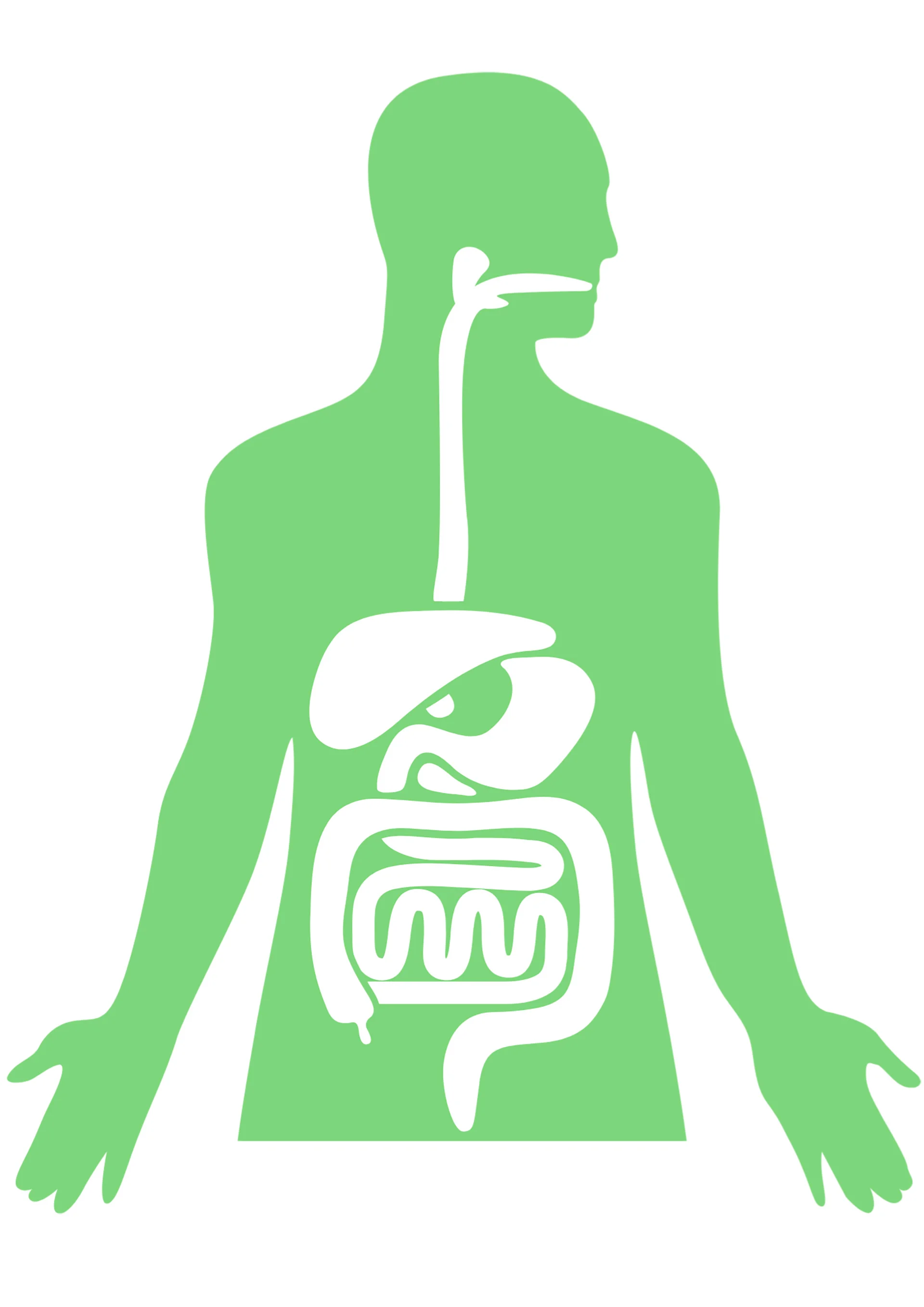Gastrointestinal Cancer
Gastrointestinal Cancer Overview
Cancer develops when healthy cells grow out of control. This can happen in the gastrointestinal tract when a DNA change causes abnormal cells to grow out of control. There are many causes for this, such as genetics or lifestyle choice.
There are many types of gastrointestinal cancer that depend on where the cancer is located. Some examples of gastrointestinal cancers are: mouth cancer, throat cancer, esophageal cancer, gastric/stomach cancer, small intestine cancer, colon cancer, rectal cancer, and anal cancer.


Mouth, Throat, Esophagus
Your mouth, throat, and esophagus are all susceptible to cancer depending on your risk factors. Habits that can increase your risk include but are not limited to smoking, gastroesophageal reflux disease, and an unhealthy diet.

Stomach, Small Intestine, Large Intestine
The stomach, small intestine, and large intestine are each a part of the digestive tract that helps you break down your food. These three organs, much like any other part of the body, can develop cancer. Cancer is an abnormal growth of cells that can be dangerous and cause problems if not taken care of.


Rectum and Anus
The rectum and anus are a part of the last two sections of the digestive tract and are very near to each other. These organs, much like any other part of the body, can develop cancer. Cancer is an abnormal growth of cells that can be dangerous and cause problems if not taken care of.


